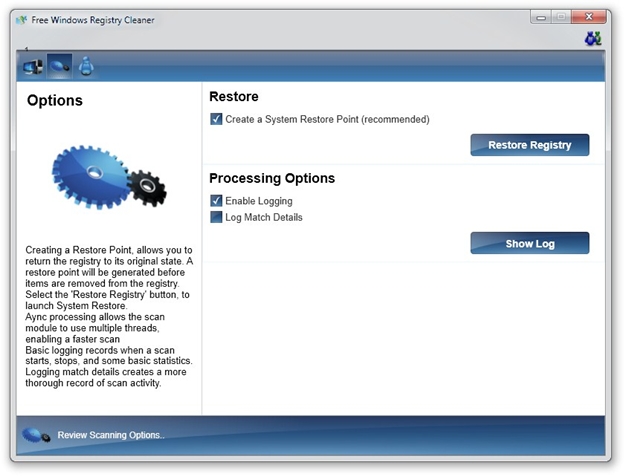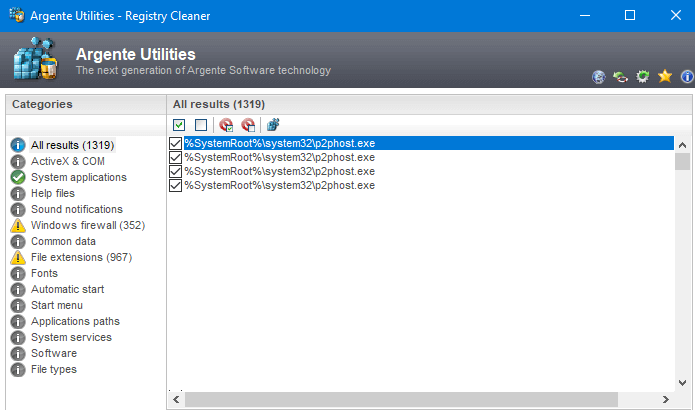

That means that your Registry almost certainly has useless entries. This is one of the reasons we often recommend you use a free uninstaller to make sure an uninstalled program is fully uninstalled. Another option is portable software, something we always use when available. One of the most common problems for the Windows Registry is that the uninstaller that comes with Windows still does not work well, often leaving behind files, folders, and registry entries. For example, the registry stores information when you install a new program, including location, version, and how to start the program. The Windows Registry, which hasn't changed much since Windows 3.1 back in 1992, contains settings, information, options, and values for all the software and hardware found on your PC. Naturally, one would assume that removing these lines would be good for your computer. Years later, you might have 6 million lines.

On a clean installation, the Windows Registry contains over 3 million lines. Let's take a look at why you shouldn't clean your registry. Many people will clean their registry because they are promised a faster, more stable operating system and even the possibility of fixing errors.

Cleaning the Windows Registry is a popular thing to do in Windows.


 0 kommentar(er)
0 kommentar(er)
